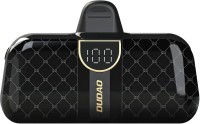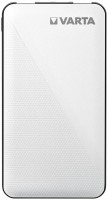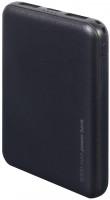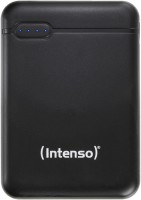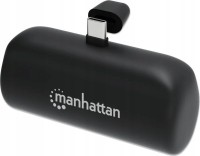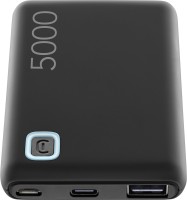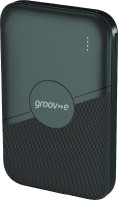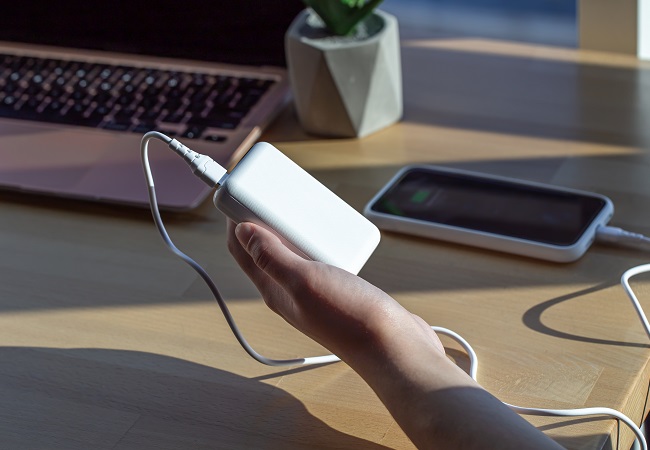Xiaomi Mi Power Bank 5000 (NDY-02-AM)
 | Outdated Product £17.23 Capacity (mAh): 5000; Real capacity (mAh): 3100; Battery type: Li-Ion; USB-A: 2; USB type С: USB type C (2nd): USB type C (3rd): USB A: USB A (2nd): Bundled cables (adapters): microUSB; Features: Body material: aluminium; Dimensions (mm): 125x69x9.9; Weight (g): 156; |
Xiaomi Mi Power Bank 5000 | |||||||||||||||||||||||||||||||||||||||||||||||||||||
|
| ||||||||||||||||||||||||||||||||||||||||||||||||||||
Always clarify the specifications and configuration of the product with the online store manager before purchasing.
Catalog Xiaomi 2025 - new arrivals, bestsellers, and the most relevant models Xiaomi.
The youngest in the Xiaomi external battery range has a capacity of 5000 mAh. However, this figure will be available only for a supply voltage of 3.7 V. After the energy is converted to “smartphone” 5 V, the user is left with about 3300 mAh to charge third-party devices.
Charging gadgets
On average, the energy accumulated in the Xiaomi Mi Power Bank 5000 tanks is enough for a one-time charge of most modern smartphones. Power is supplied to the batteries of third-party gadgets automatically when they are connected to the Power bank via the USB port. One single button on the armament of the model is used to display the remaining battery charge and forcibly turn off / resume the charging process. Due to the current of 2.1 A at the output of the “bank”, it is well suited for the role of a means of replenishing the energy of tablets.
Aki smartphone
A thin Li-Ion battery is installed under the outer aluminium "wrap" of the model case. The total weight of the Xiaomi Mi Power Bank 5000 barely exceeds the 150g mark, which corresponds to the weight of an average 5-inch smartphone. The dimensions of the external battery are also practically the same, with the exception of a slightly truncated growth.
city dweller
The model can be used for pass-through charging, i.e. simultaneously replenish energy in your own battery and recharge the battery of the connected device. A separate line is to highlight the built-in protection against possible overheating, overcurrent and excess energy. In the bottom line, we see a typical “city dweller”, the main purpose of which lies in feeding the life-giving power of electricity to gadgets “on the go”.



